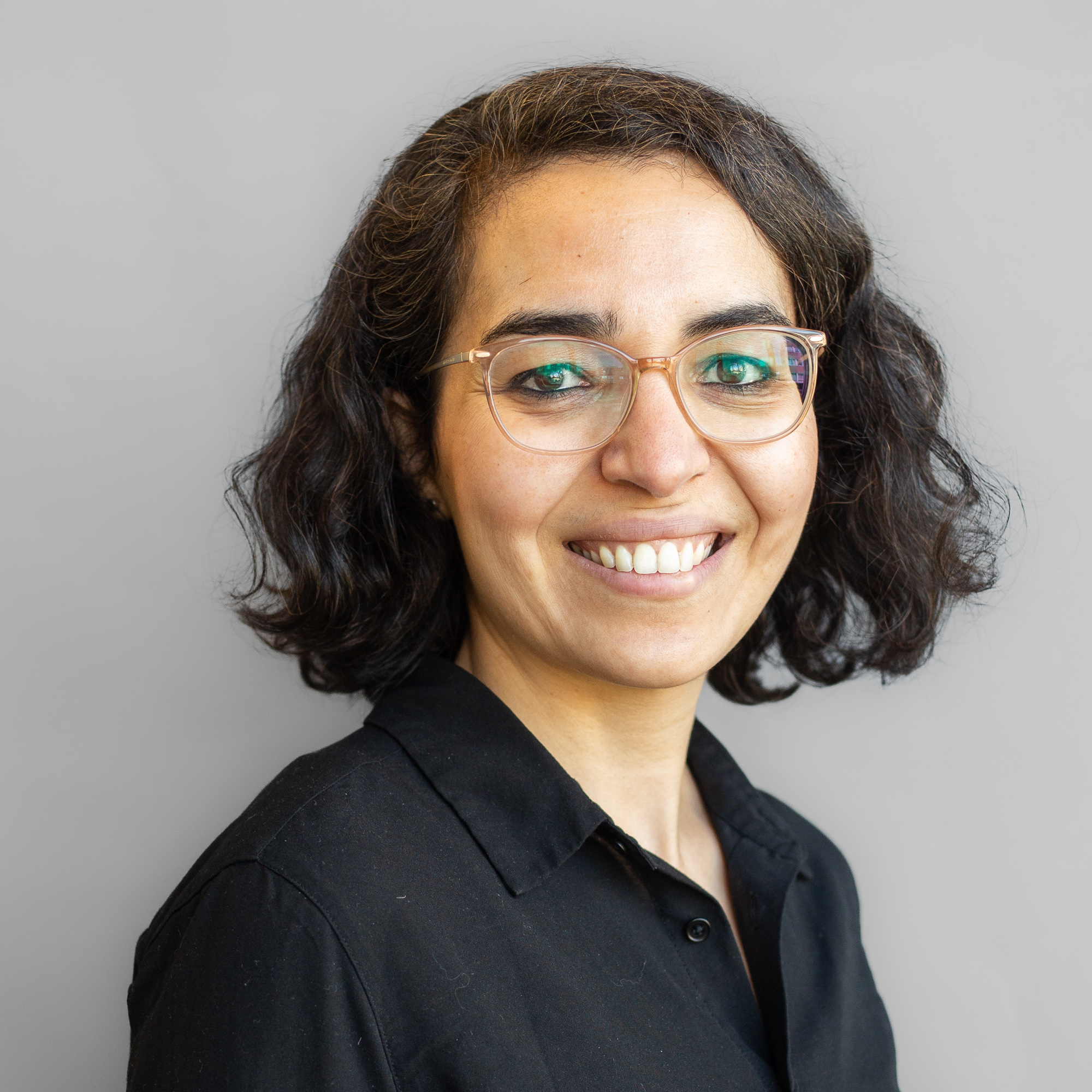Nadia Fadil
Title
Nadia Fadil
Rights
Image used with author's permission. Photograph credit to Paulina Januszewska.
Birthplace
Belgium
Primary Sources
Fadil, N. (2024). The Ethics and Pragmatics of Ethnographic Refusal/Acceptance: making sense in common. Comparative Studies of South Asia, Africa and the Middle East, 44(3), 396-401. https://doi.org/10.1215/1089201X-11470407
Fadil, N. (2023). The will for racial justice. Ethnicities, 23(6), 967-973. https://doi.org/10.1177/14687968231176073
Fadil, N., Van Buggenhout, M., & Dumortier, E. (2023). Virtual innocence. On the status of the children of European departees in northeast Syria. Ethnic and Racial Studies, 46(5), 854-874. https://www.tandfonline.com/doi/abs/10.1080/01419870.2022.2089536
Fadil, N. (2021). Can critique be moderate?. Religion, 51(2), 299-304. https://www.tandfonline.com/doi/abs/10.1080/0048721X.2020.1868388
Fadil, N., Moors, A., & Arnaut, K. (2021). Envisioning Hijra: the ethics of leaving and dwelling of European Muslims. Contemporary Islam, 15, 1-16. https://link.springer.com/article/10.1007/s11562-021-00461-7
Fadil, N. (2020). On Anthropology as Translation. Religion and Society: Advances in Research, 11, 12-15.
Fadil, N. (2020). Politicising Islam: The Islamic Revival in France and India. Journal of Religion, 100(2), 278-280. https://doi.org/10.1086/707531
Fadil, N., Ragazzi, F., & de Koning, M. (Eds.). (2019). Radicalization in Belgium and The Netherlands: Critical perspectives on violence and security. Bloomsbury Publishing.
Fadil, N. (2019). The anthropology of Islam in Europe: A double epistemological impasse. Annual Review of Anthropology, 48, 117-132. https://www.annualreviews.org/doi/10.1146/annurev-anthro-102218-011353
Fadil, N. (2017). Recalling the ‘Islam of the parents’ liberal and secular Muslims redefining the contours of religious authenticity. Identities, 24(1), 82-99. https://www.tandfonline.com/doi/abs/10.1080/1070289X.2015.1091318
Fadil, N., & Fernando, M. (2015). Rediscovering the “everyday” Muslim: Notes on an anthropological divide. HAU: journal of ethnographic theory, 5(2), 59-88. https://www.journals.uchicago.edu/doi/abs/10.14318/hau5.2.005
Fadil, N. (2013). Performing the salat [Islamic prayers] at work: Secular and pious Muslims negotiating the contours of the public in Belgium. Ethnicities, 13(6), 729-750. https://journals.sagepub.com/doi/abs/10.1177/1468796812471129
Fadil, N. (2009). Managing affects and sensibilities: The case of not‐handshaking and not‐fasting. Social Anthropology/Anthropologie Sociale, 17(4), 439-454. https://www.berghahnjournals.com/view/journals/saas/17/4/j.1469-8676.2009.00080.x.xml
Fadil, N. (2006). “We should be walking Qurans”: The Making of an Islamic Political Subject. In G. Jonker & V. Amiraux (Ed.), Politics of Visibility: Young Muslims in European Public Spaces (pp. 53-78). Bielefeld: transcript Verlag. https://doi.org/10.1515/9783839405062-002
Fadil, N. (2011). Not-/unveiling as an ethical practice. Feminist review, 98(1), 83-109. https://journals.sagepub.com/doi/abs/10.1057/fr.2011.12
Secondary Sources
Scheer, M., Fadil, N., & Johansen, B. S. (2019). Secular bodies, affects and emotions: European configurations (p. 272). Bloomsbury Academic. https://library.oapen.org/handle/20.500.12657/58822
Bracke, S., & Fadil, N. (2012). ‘Is the headscarf oppressive or emancipatory?’Field notes from the multicultural debate. Religion and Gender, 2(1), 36-56. https://brill.com/view/journals/rag/2/1/article-p36_3.xml
Bracke, S., & Fadil, N. (2012). ‘Is the headscarf oppressive or emancipatory?’Field notes from the multicultural debate. Religion and Gender, 2(1), 36-56. https://brill.com/view/journals/rag/2/1/article-p36_3.xml
Extra Resources
Nadia Fadil. Department of Social and Cultural Anthropology. KU Leuven. Accessed October 10, 2023. https://soc.kuleuven.be/anthropology/staff/00040221
Collection
Citation
“Nadia Fadil,” Decoloniality, First Nations Thinkers and thought and practices from the Global South, accessed December 15, 2025, https://omeka.cloud.unimelb.edu.au/decoloniality-and-thinkers-from-the-global-south/items/show/667.
